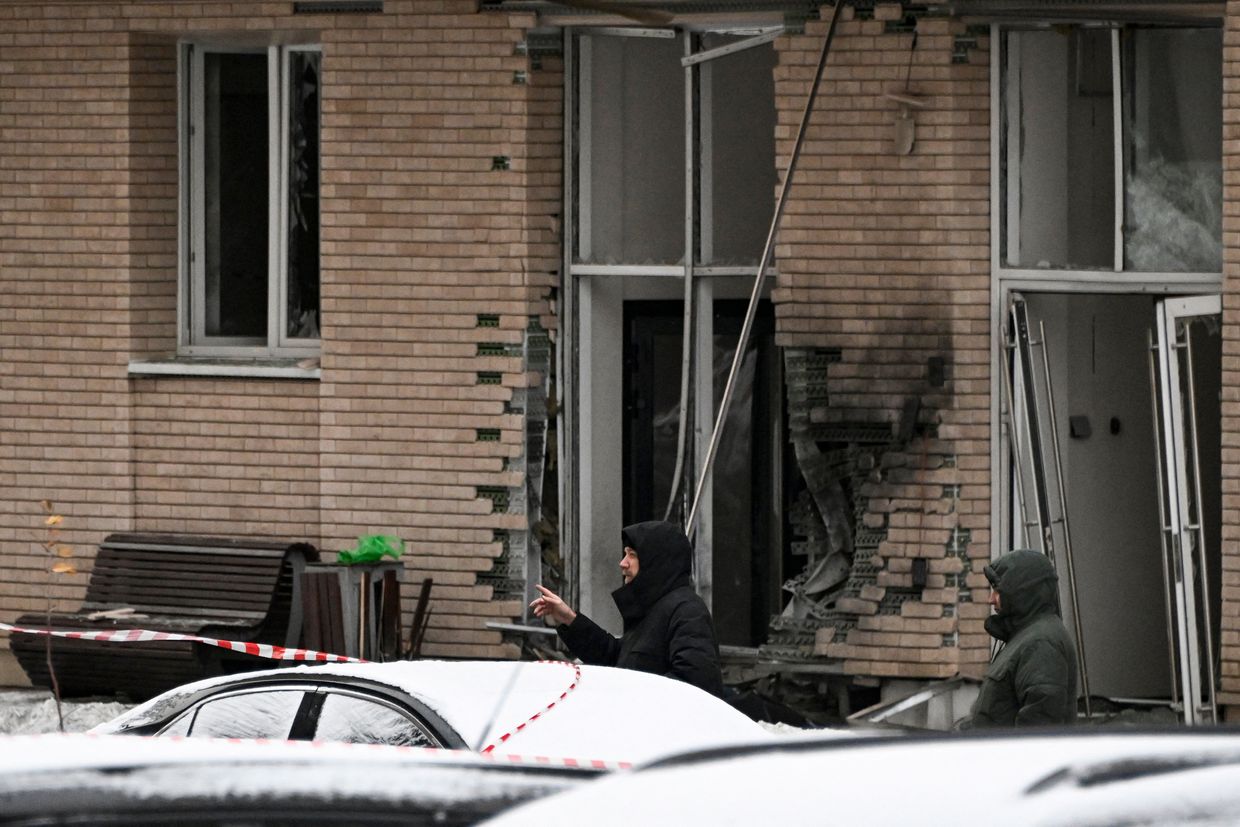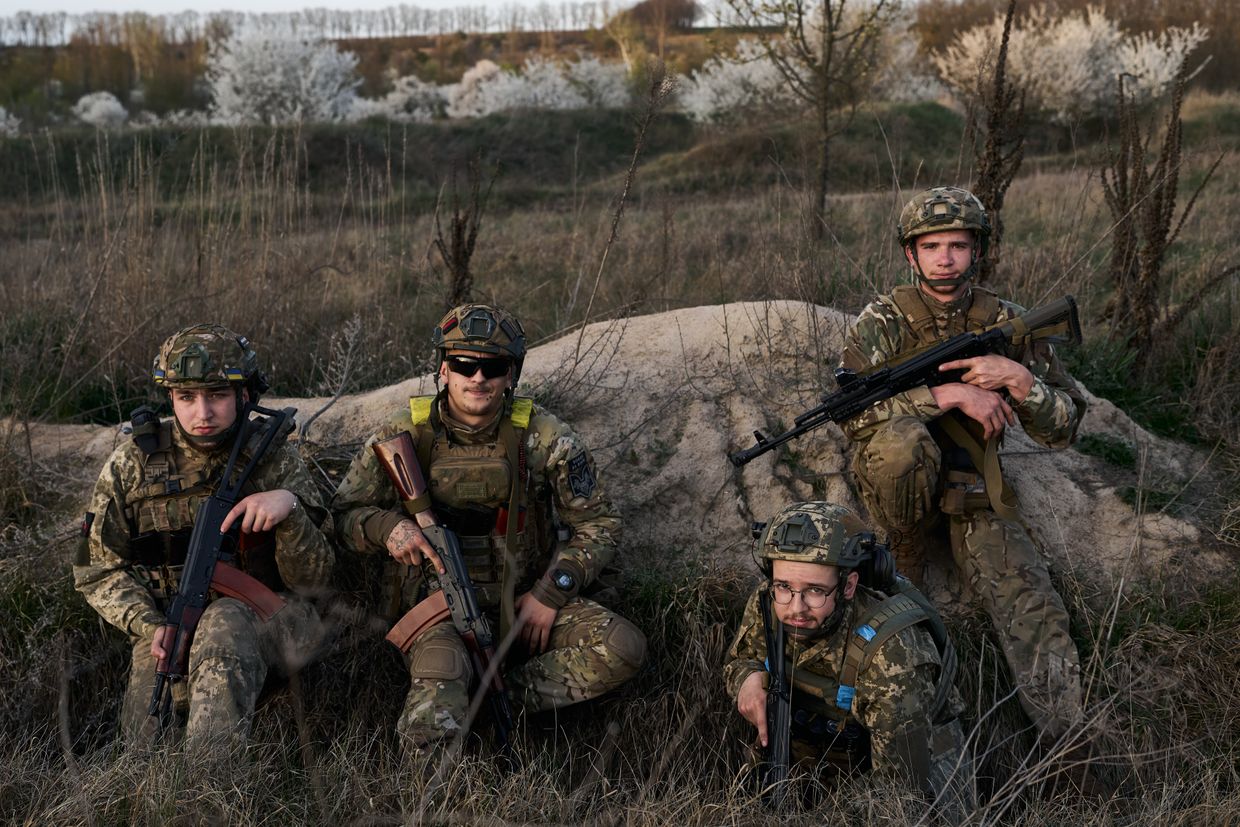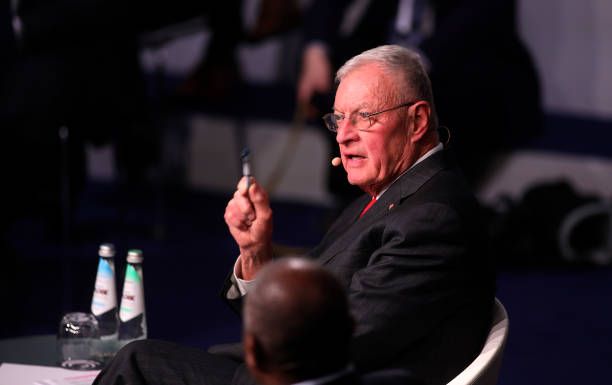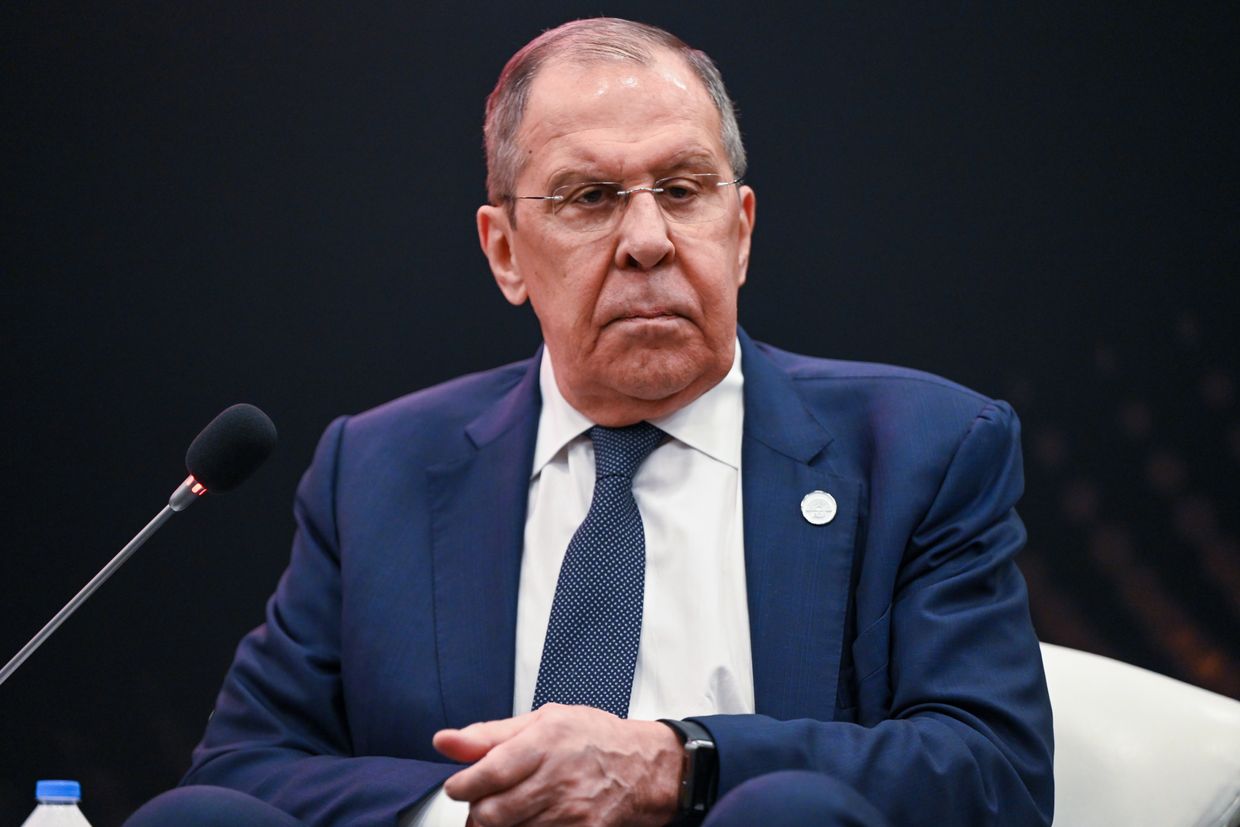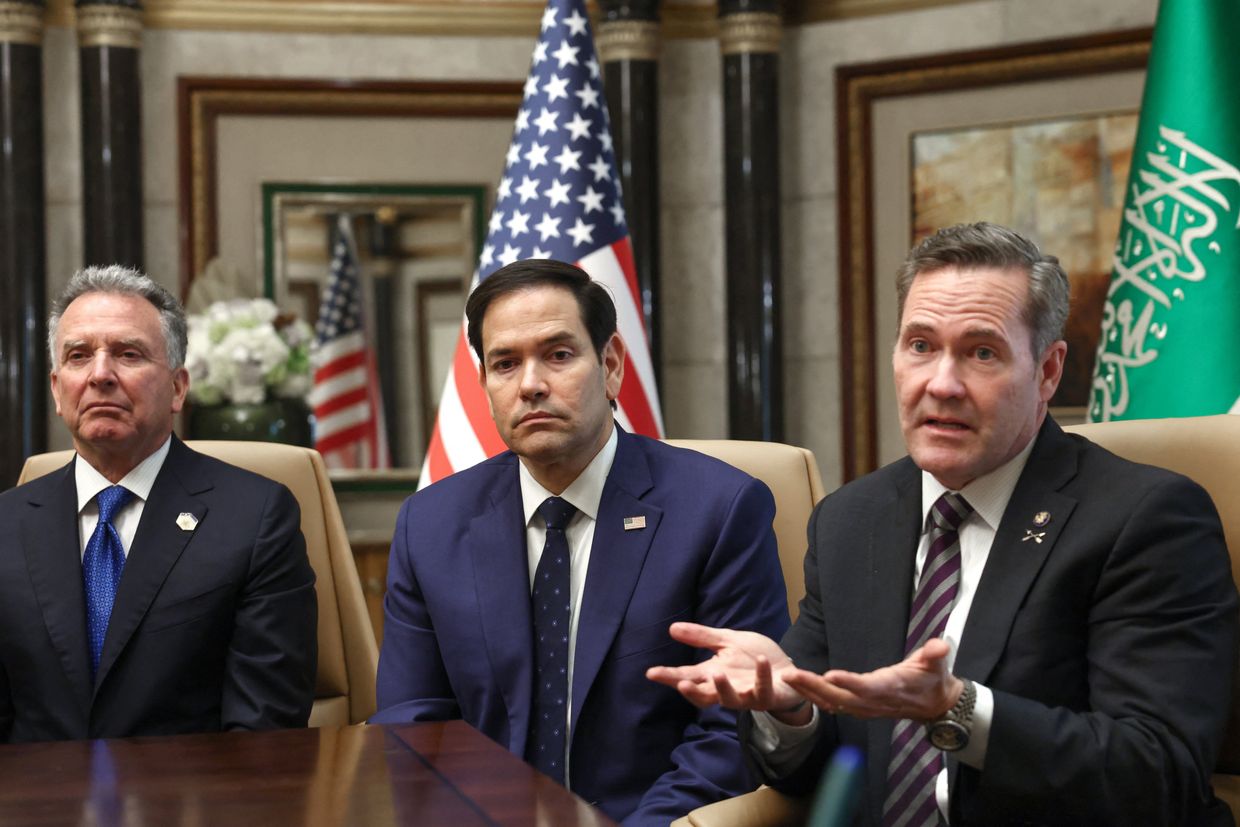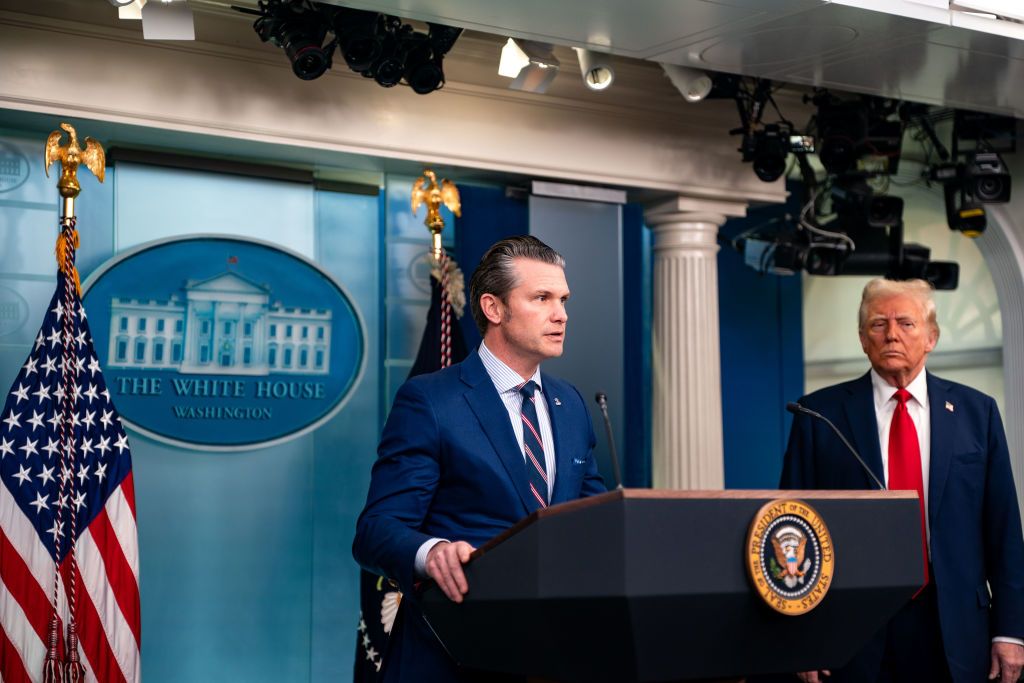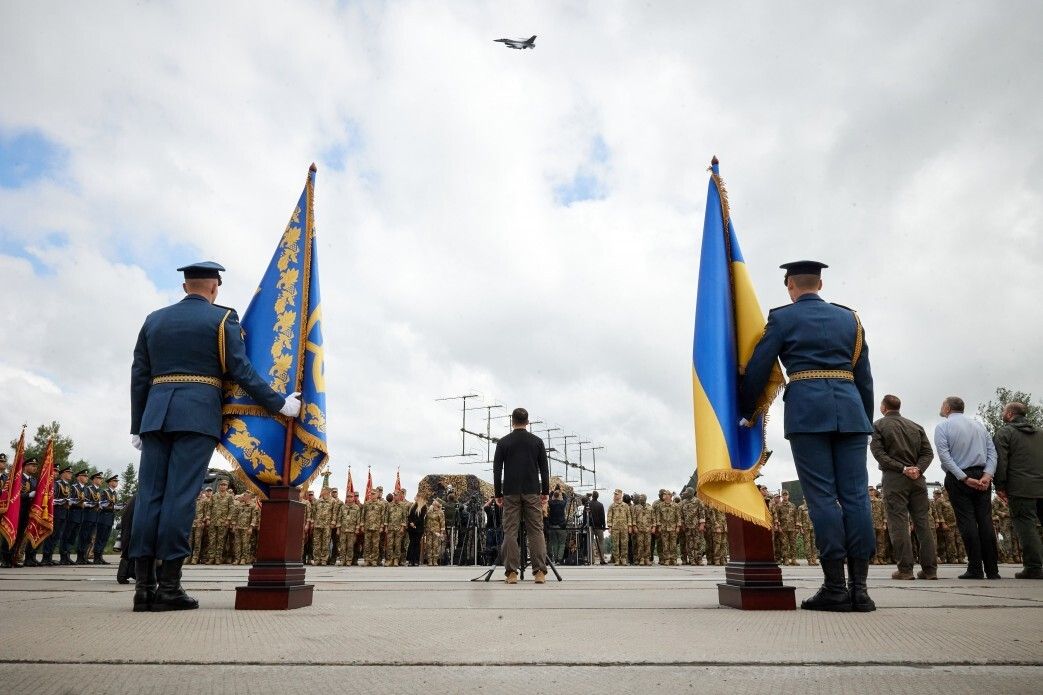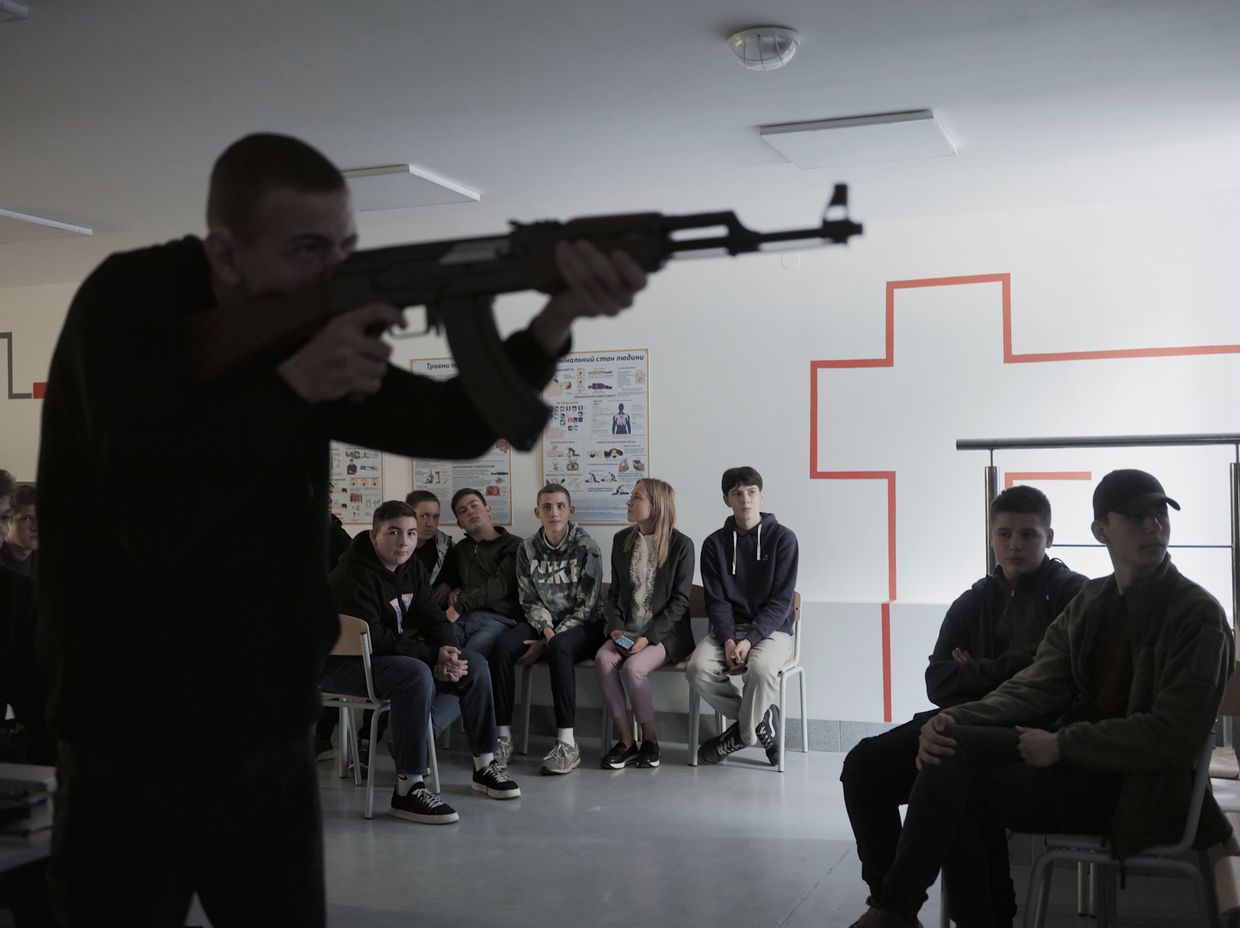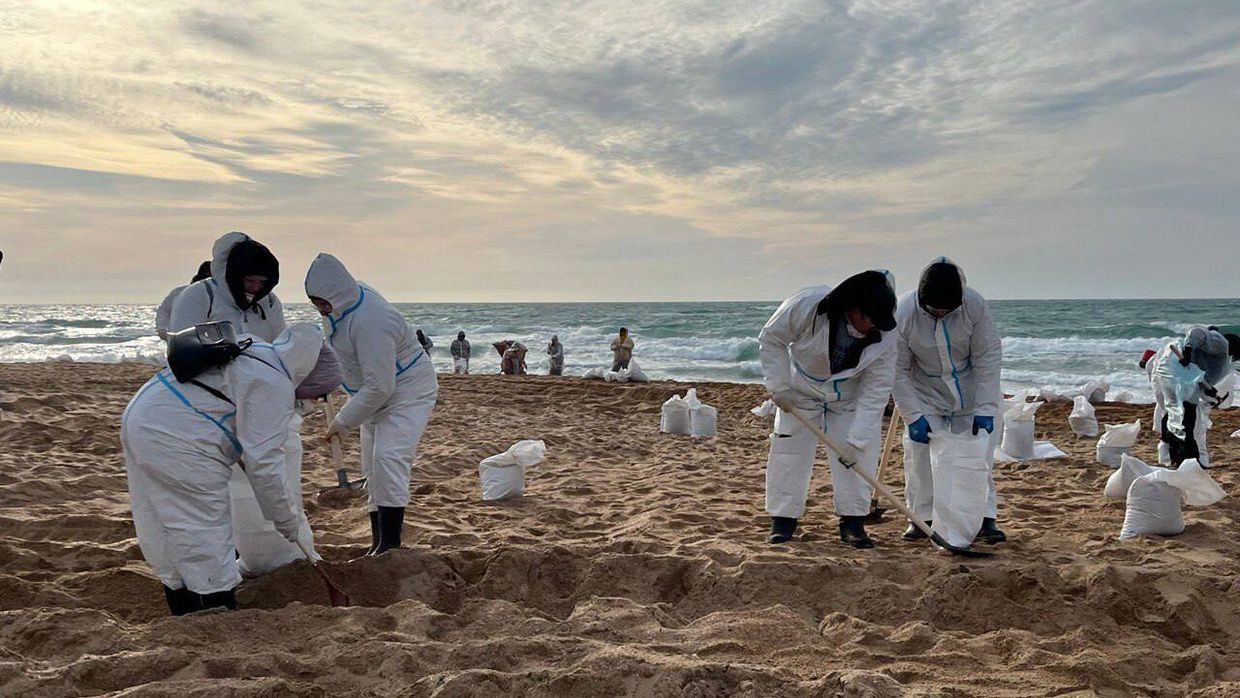LATEST: Russia detains two suspects over assassination of General Igor Kirillov, Kremlin media reports
Lieutenant General Igor Kirillov met his demise in Moscow on Dec. 17, reportedly killed by a bomb attached to a scooter planted by the Security Service of Ukraine (SBU).
"Kirillov was a war criminal and a completely legitimate target, as he gave orders to use banned chemical weapons against Ukrainian soldiers," an SBU source told the Kyiv Independent.
"Retribution for war crimes is inevitable."
Who was Lieutenant General Igor Kirillov?
Born on July 13, 1970, 54-year-old Kirillov was the head of the Russian Armed Forces' radiation, chemical, and biological defense troops (RKhBZ).
According to the think tank and research group Global Security, the RKhBZ are ostensibly "special troops designed to perform the most complex tasks of protecting troops and the population, requiring the use of special equipment."
"They consist of units and divisions for detecting nuclear explosions, radiation and chemical reconnaissance, special processing, aerosol countermeasures, flamethrower, etc," it adds.
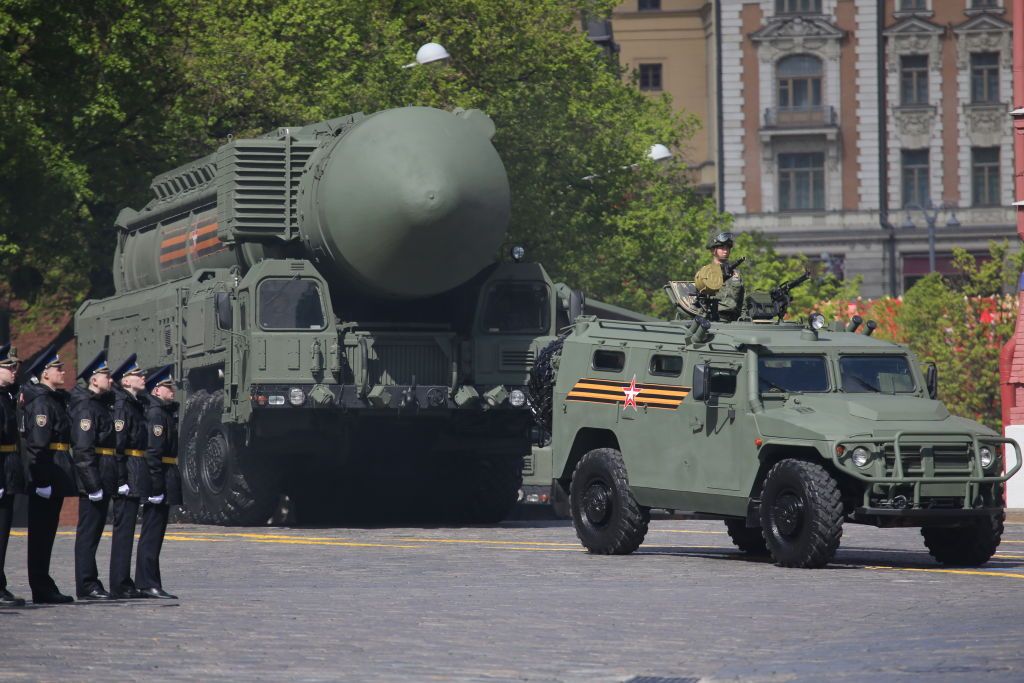
In Ukraine, Kirillov became best known for his alleged role in the use of chemical weapons by Russian forces against Ukrainian troops.
Chemical weapons
Kirillov's involvement in chemical weapon attacks predates the full-scale invasion of Ukraine.
In 2018, Kirillov defended Moscow against accusations that Russia and Syria were tampering with evidence and blocking access to the site of a chemical weapons attack that killed more than 40 civilians in the Syrian town of Douma in 2018.
A report from the Organisation for the Prohibition of Chemical Weapons later found the Syrian regime of Bashar al-Assad had likely carried out the attack, despite Russia long-claiming otherwise, and spreading debunked conspiracy theories to try and shift blame away from their ally.
Recent witness testimony provided in the wake of the fall of Assad provided further evidence that Syrian and Russian authorities lied and intimidated locals to try to suppress what actually happened.
Russian chemical weapons in Ukraine
Moscow's forces have been increasingly deploying gas attacks against Ukrainian troops, a Kyiv Independent investigation from August found, and Kirillov has since been sanctioned by the U.K. for his role in their use.
Ukrainian soldiers and officers interviewed by the Kyiv Independent acknowledged that the tactic is effective, allowing Moscow to capture positions occasionally without destroying them.
According to an SBU investigation, chemical weapons have been used in more than 4,800 cases since the beginning of the full-scale invasion.
Since 2022, over 2,000 Ukrainian service members have been hospitalized with chemical poisoning, and three have died, Ukrainian Colonel Artem Vlasiuk said earlier this week.
"Russian forces mostly use ammunition with toxic substances by dropping them from FPV (first-person-view) drones on Ukrainian positions. When chemical grenades are detonated, their poisonous compounds affect human mucous membranes, especially the eyes and respiratory tract," the SBU said.
Earlier this year, the U.S. State Department confirmed that Russian forces had used the chemical agent chloropicrin in Ukraine.
On Dec. 16, Kirillov was charged in absentia by the SBU for the use of banned chemical weapons in Ukraine.
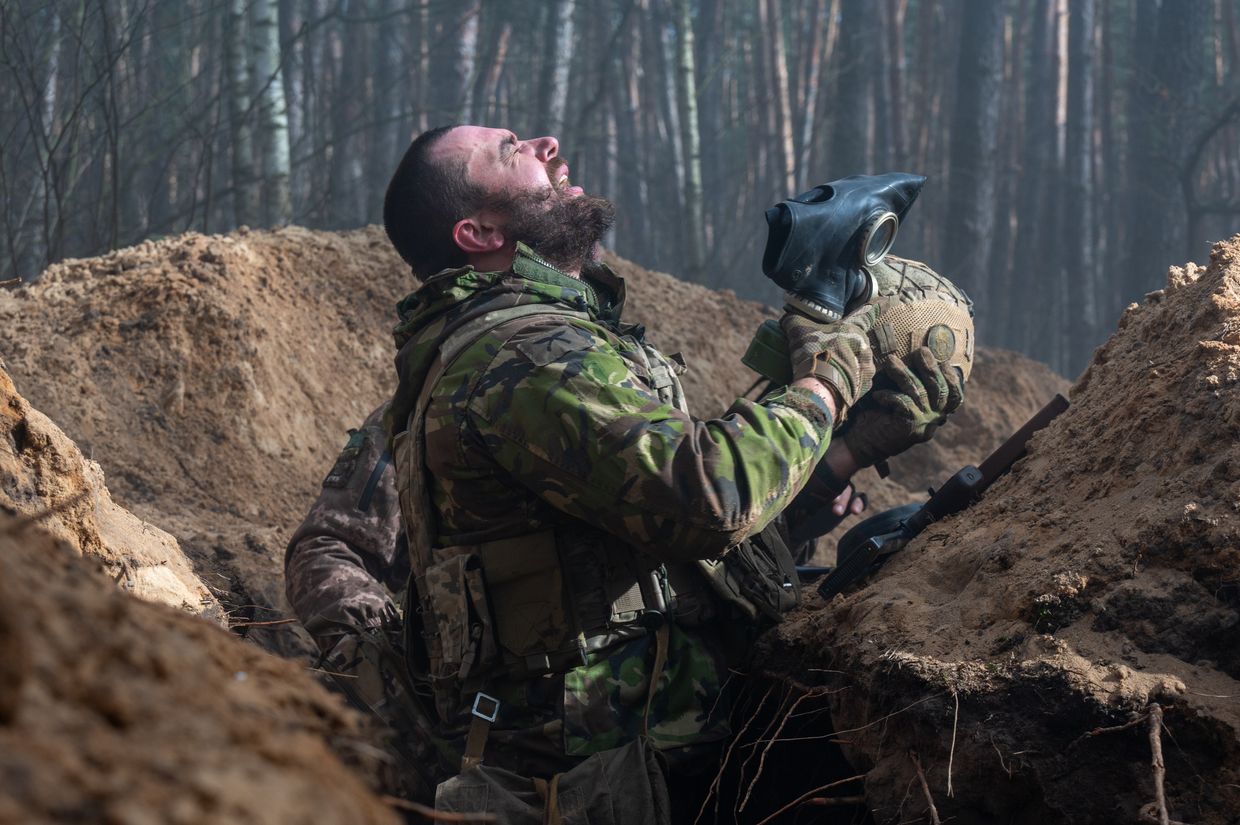
Sanctions
Kirillov was one of 123 "elites and close associates of the (Russian) Regime" sanctioned by the Canadian government in February 2023.
And in October of this year, the U.K. issued sanctions against Russian units involved in the use of chemical weapons on the battlefield in Ukraine.
Kirillov along with two Russian Defense Ministry scientific centers were also on the list.
"The U.K. will not sit idly by whilst (Russian President Vladimir) Putin and his mafia state ride roughshod over international law, including the Chemical Weapons Convention," British Foreign Secretary David Lammy said in a statement at the time.
Disinformation and conspiracy theories
As well as his military endeavors, Kirillov was also a prominent mouthpiece for the Kremlin, and propagator of several debunked conspiracy theories.
Shortly after the launch of Russia's full-scale invasion, Moscow's propaganda machine went into overdrive in an attempt to convince the world that Ukraine was hosting U.S.-funded bioweapons sites.
There was no evidence to support the claims but that didn't stop the conspiracy theory gaining traction in the West, and even found supporters in the likes of Tulsi Gabbard, Donald Trump's pick for Director of National Intelligence.
Kirillov played a central part in spreading disinformation, claiming to have documents obtained on the first day of the full-scale invasion that showed "the Ministry of Health of Ukraine has set the task of completely destroying bio-agents in laboratories."
"The Pentagon knows that if these documents fall into the hands of Russian experts, then it's highly likely that Ukraine and the United States will be found to have violated the Convention on the Prohibition of Biological and Toxin Weapons," Kirillov added.
The World Health Organization (WHO) clarified that Ukraine had been advised to destroy high-threat pathogens in labs in order to "any potential spills," but stressed this was related to routine scientific research and not biological weapons.
Later in 2022, Kirillov was also instrumental in spreading false claims that Ukraine was developing a "dirty bomb," a crude nuclear device designed to contaminate a wide area with radiation, making it uninhabitable.
"According to the information we have, two organisations in Ukraine have specific instructions to create a so-called 'dirty bomb'. This work is in its final stage," he said in October 2022.
He provided no evidence to back up the claim and none has come to light since.
The assassination
Kirillov and another Russian service member were reportedly killed in an explosion on the morning of Dec. 17 in Moscow.
The explosion occurred at around 6 a.m. local time when a service car arrived for Kirillov, the Mash Telegram channel reported.
Russian state media outlet Kommersant said the two men were killed by a homemade explosive device that contained the equivalent of around 300 grams of TNT.
An SBU source later told the Kyiv Independent it was responsible for the killing, and that explosives attached to a scooter detonated when the pair left the entrance of a house on Ryazansky Prospect in the capital.
The Kyiv Independent could not verify the claims.
Russia's Investigative Committee has begun a terrorism investigation into the case, and two undisclosed sources told the Russian RBC news agency that investigators consider Ukraine's involvement the most likely scenario.





